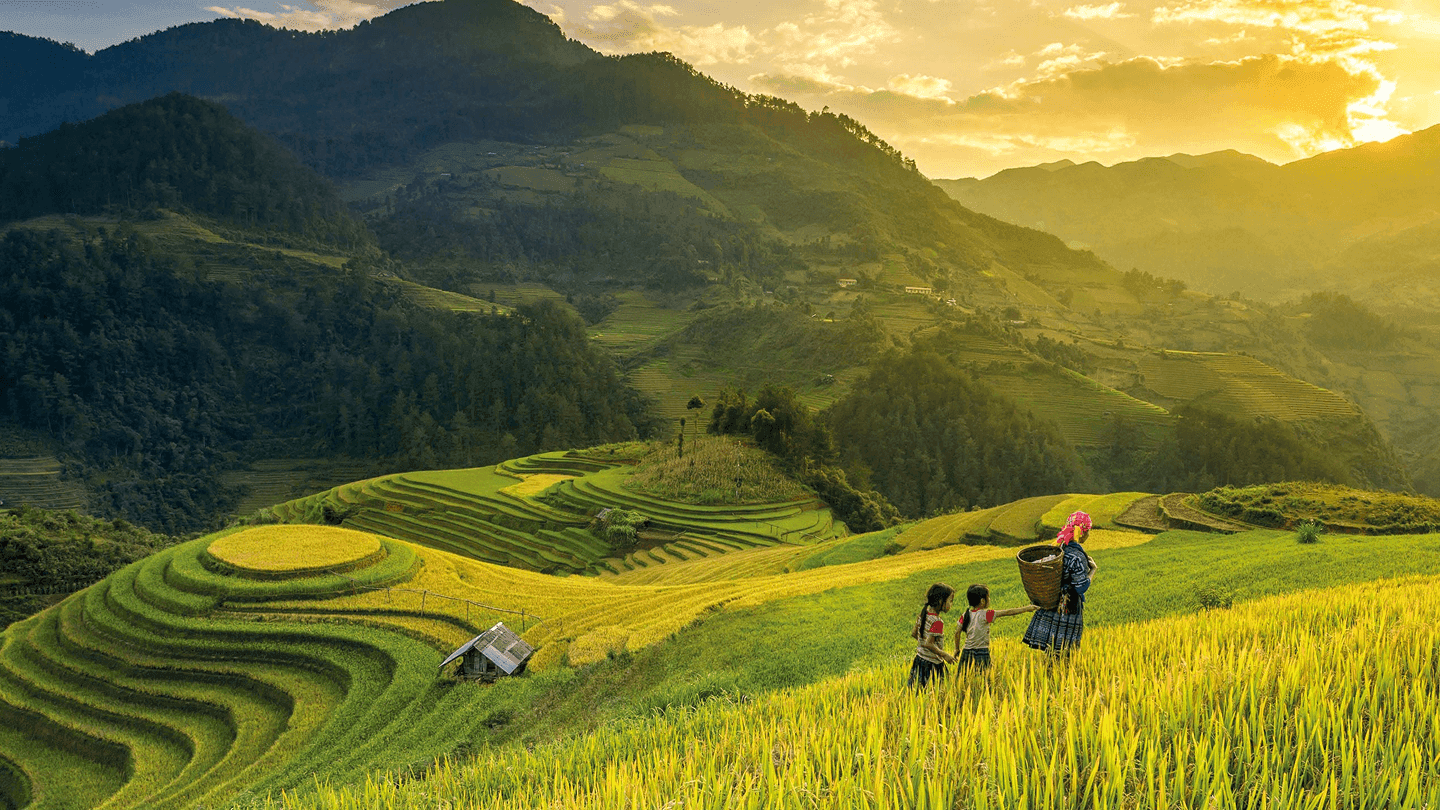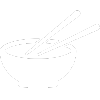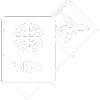Health and safety in Vietnam
Before traveling to Vietnam, it’s essential to get the required vaccinations and take precautions against common illnesses. Here are some important health and safety tips to keep in mind.
Vaccination
While no vaccinations are mandatory, it is advisable to stay up to date with routine immunizations such as diphtheria, tetanus, typhoid, polio, and hepatitis.
Rabies and Japanese encephalitis vaccines are recommended for travelers staying in rural areas for over a month or those planning to relocate.
Regarding malaria, rest assured that big cities in Vietnam are malaria-free. However, it’s best to review your itinerary and consult a doctor for personalized advice.
Before your departure, consider a dental check-up and pack a small first aid kit with essentials such as aspirin, cold and flu medication, antihistamines for allergies, diarrhea medicine, insect repellent, sunscreen, lip balm, and bandages. If you take prescription medication, bring enough for the entire trip.
Changes in diet and consuming local food can sometimes cause digestive issues, particularly for sensitive travelers.
Food & Hygiene
Adapting to a new cuisine or eating street food can occasionally lead to stomach discomfort. Your health and safety are a priority to ensure a pleasant and worry-free trip.
Tap water is not safe to drink, even in major cities and hotels. Always opt for bottled or purified water, and avoid ice in rural areas where water quality may be uncertain.
We carefully select restaurants to offer you delicious, well-balanced meals prepared under strict hygiene standards.
If you have dietary restrictions (such as vegetarianism or diabetes) or food allergies (such as seafood allergies), please inform us in advance so we can arrange appropriate meals.
When trying street food, avoid raw vegetables, fresh herbs, and uncooked dishes unless the vendor comes highly recommended.
Safety
Store valuables such as passports, tickets, credit cards, checks, watches, jewelry, and cameras in your hotel room’s safe. If needed, you can also deposit them at the hotel reception if it is secure and commonly practiced by other guests. Carry only copies of important documents when going out.
On the Road
-
Avoid wearing excessive jewelry or carrying a shoulder bag, as these can make you a target for theft.
-
When crossing busy streets, walk confidently and at a steady pace without stopping or changing direction suddenly—local drivers are skilled at navigating around pedestrians. If possible, cross alongside a local for added confidence.
-
Always wear a helmet when using a "xe ôm" (motorbike taxi) or renting a motorbike.
-
Ensure that any bus or taxi you take has a seatbelt, even though its use is not legally required in Vietnam.
-
Limit nighttime travel, particularly by taxi in remote areas.
-
Always carry a hotel card, copies of your passport and visa, and a list of emergency contact numbers.
Elsewhere
-
Keep valuables close and avoid leaving them in luggage compartments on buses, trains, or boats.
-
Be cautious of pickpockets, particularly in crowded places such as train stations, shopping malls, markets, and supermarkets.
-
Never accept food or drinks from strangers to avoid potential scams.
-
Avoid counting money at ATMs or carrying large sums of cash.
-
Follow safety guidelines when visiting former battlefields, as unexploded landmines may still be present.
-
Refrain from taking photos of military sites or demonstrations.
While safety concerns are minimal, taking reasonable precautions is always wise. Trust your instincts, use common sense, and stay aware without letting security worries overshadow your experience.




 English
English French
French Italian
Italian





 FR
FR 





